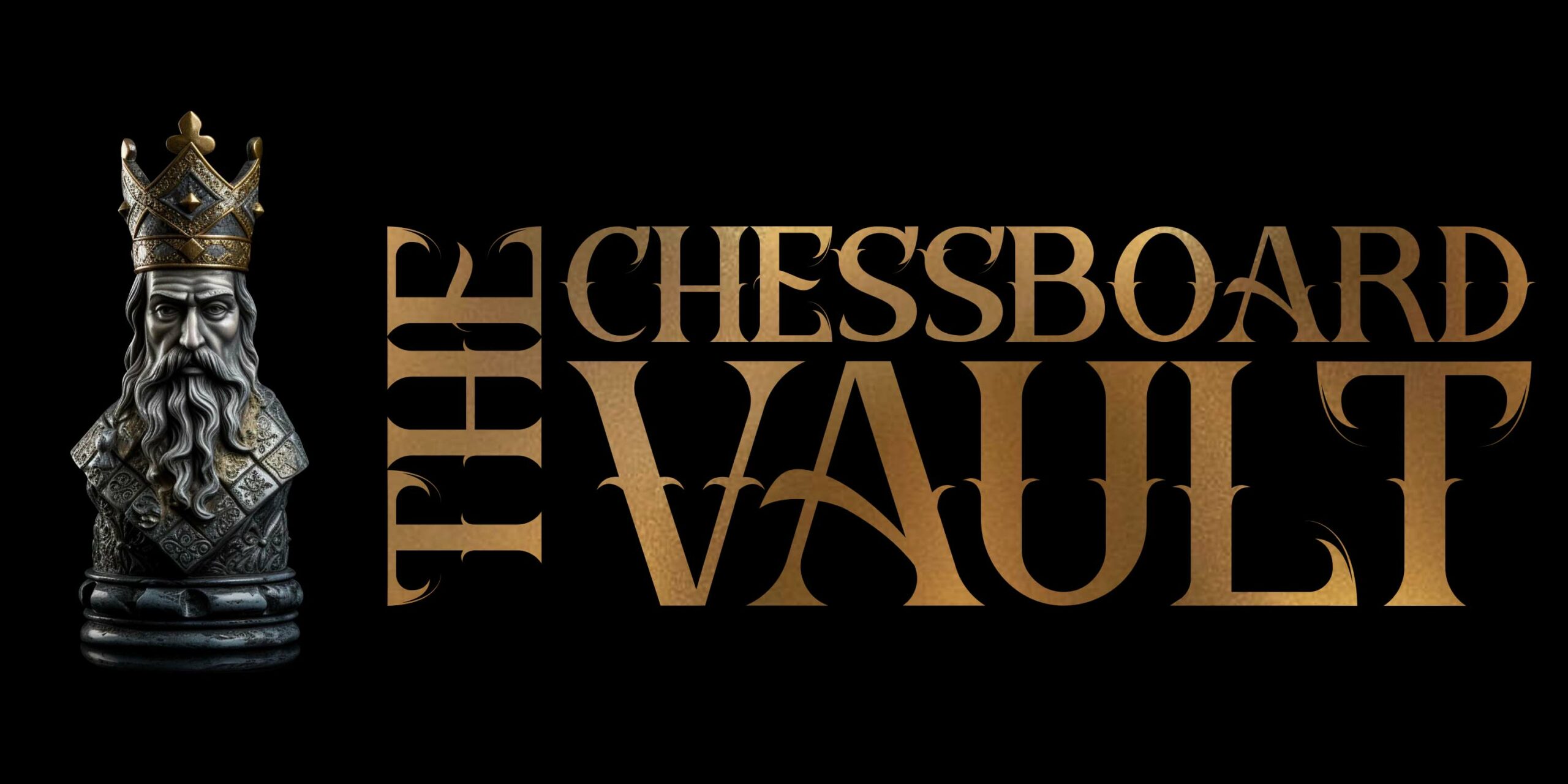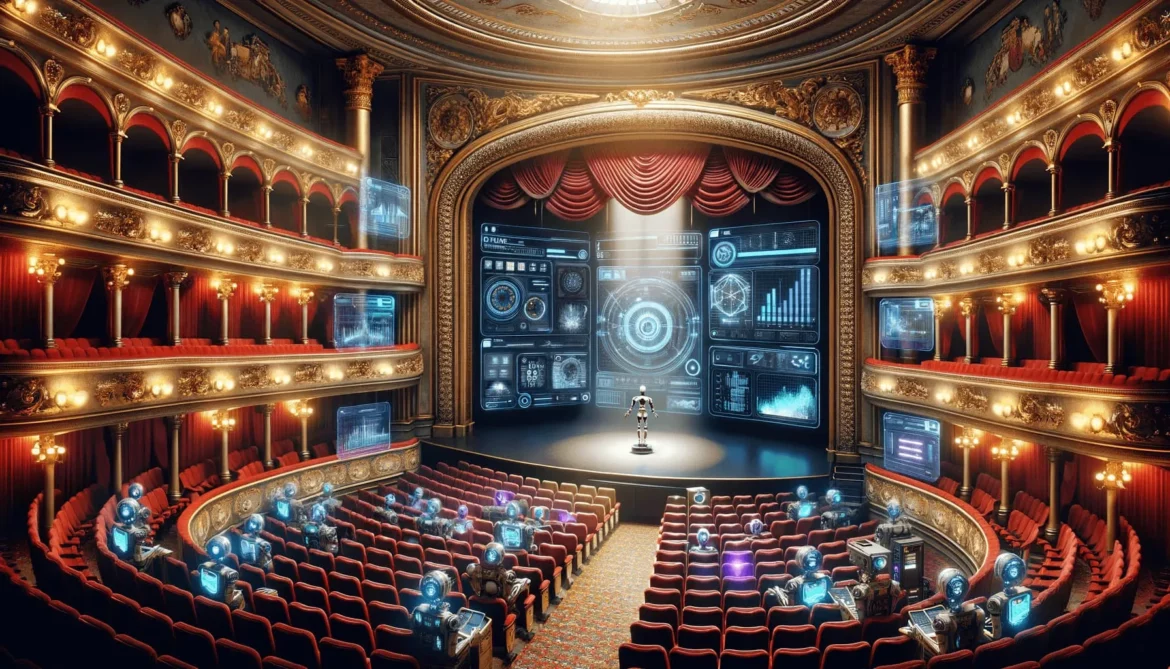Artificial intelligence (AI) is today at the heart of a revolution that is affecting multiple sectors, including culture and performing arts. From backstage event preparation to on-stage creation stagethe integration of AI into the concert halls opens up a vast and fascinating field of possibilities. This article proposes an in-depth exploration of the impact of AI on the entertainment industry. live performance and questions the future prospects of this symbiosis between technology and art.
The emergence of artificial intelligence in concert halls
History and evolution
The integration of AI into the world of concert halls is nothing new. As early as the first experiments in the 2000s, professionals in the scene were quick to envisage artificial intelligence as a tool for pushing back the limits of creativity. With technological progress and the democratization of digital tools, AI has gradually established itself as an essential component of production. stageThese include the design of interactive sets, the animation of virtual characters and the optimization of resource management.
Examples of recent innovations
Recently, AI has made it possible to bring spectacular works to life. Examples include concerts in which holograms of deceased musicians perform live, or pieces by theater interactive theatres, which vary according to the audience’s reactions, collected by AI. The concert halls are also equipping themselves with AI-integrated systems for better adaptation of lighting and sound, or to offer spectators personalized immersive experiences. Some of these innovations have even made their mark on prestigious stages such as theOpera or the Palais des Congrèstransforming the public experience.
The concrete benefits of artificial intelligence for live performances
Improving the spectator experience
The spectator experience is one of the main concerns of concert hallsand AI plays a key role in enriching it. Algorithms analyze data on audience preferences to recommend shows, adjust programming or create dynamic, customized displays at events. Interaction with AI can also take the form of dedicated applications that guide the spectator through the venue, offering a complete and personalized experience. Whether in a theater or a circusAI makes it possible to personalize the experience for each individual, making each performance unique.
Room management optimization
Beyond the artistic aspect, AI is also invaluable for room management. concert halls. It enables better anticipation of demand, efficient resource planning and predictive maintenance of technical equipment. In addition, intelligent analysis of sales and attendance data helps to develop more sophisticated marketing strategies and optimize the customer experience. Theaters such as the Théâtre Mogador or cultural centers various are already using these technologies to improve their services and audience satisfaction.
Dialogue between art and technology: enriched performances
New narrative and scenographic forms
AI opens the door to new narrative and aesthetic paradigms. From scenographies which react in real time to the movements of the dancers, the vocal modulations of the singers or even interactions with the audience, are now possible. The artist can thus interact with a work in constant metamorphosis, creating a unique performance for each show. This interaction between stage and technology enriches not only the content of the show, but also the way it is perceived by the audience.
Collaboration between artists and engineers
This technological advance is leading to the emergence of new profiles at the intersection of art and technology. Teams made up of AI engineers, interactive designers and traditional creators are collaborating to implement scene shows that transcend convention and push back the boundaries of artistic expression. Visit director works hand in hand with technicians to design experiences in which AI plays a central role, going far beyond simple automation.
The ethical and practical challenges of artificial intelligence
Questions of autonomy and creativity
While AI offers exciting prospects, it also raises important questions about artistic autonomy and the place of human creation. The danger of standardization of works, dictated by algorithms, is a concern that animates the debate surrounding the use of AI in art. performing arts. The importance of preserving an element of impromptu and human intuition within the creative process is thus emphasized. In institutions such as national drama centers or Parisian theatersthese issues take on particular importance.
Respectful integration into the artistic environment
The integration of AI in the artistic environment concert halls must be done with respect and sensitivity. Technologies must not overshadow human expression and talent, but rather sublimate them. Furthermore, ensuring that technology remains a tool and not an end in itself is crucial to maintaining the authenticity of scenic works and preserving the connection with the audience. Whether in a auditoriuma sports hall or a theaterAI must remain at the service of art.
What does the future hold for artificial intelligence in the entertainment industry?
Expert views and projections
Experts agree that we are only at the beginning of what AI can bring to the world of performance. Some are projecting advances where AI not only supports creation, but becomes a full-fledged actor in the performance, capable of improvisation and creativity. Discussions on international sceneand constant innovation, augur well for a vibrant and dynamic future for the live entertainment enriched by artificial intelligence.
Potentials and limits to be explored
While enthusiasm for the possibilities offered by AI is palpable, it is essential to continue exploring its potentials while being aware of ethical and practical limits. Collaboration between humans and machines in a spirit of mutual respect, highlighting the creative capacities unique to human beings, and ongoing reflection on the social and cultural impact of AI in the workplace, are all essential. performing arts are all challenges for the future. Structures such as the Comédie Française or the National Theater are already working on these issues to integrate AI seamlessly into their programming.

